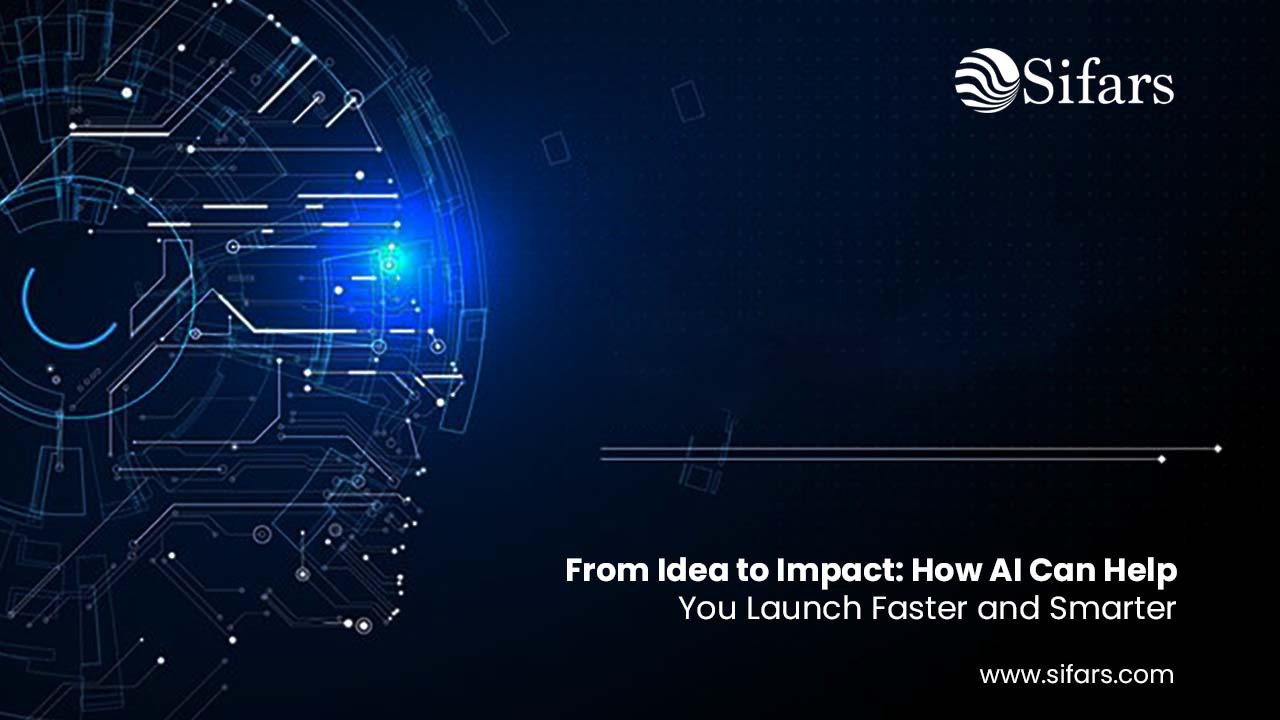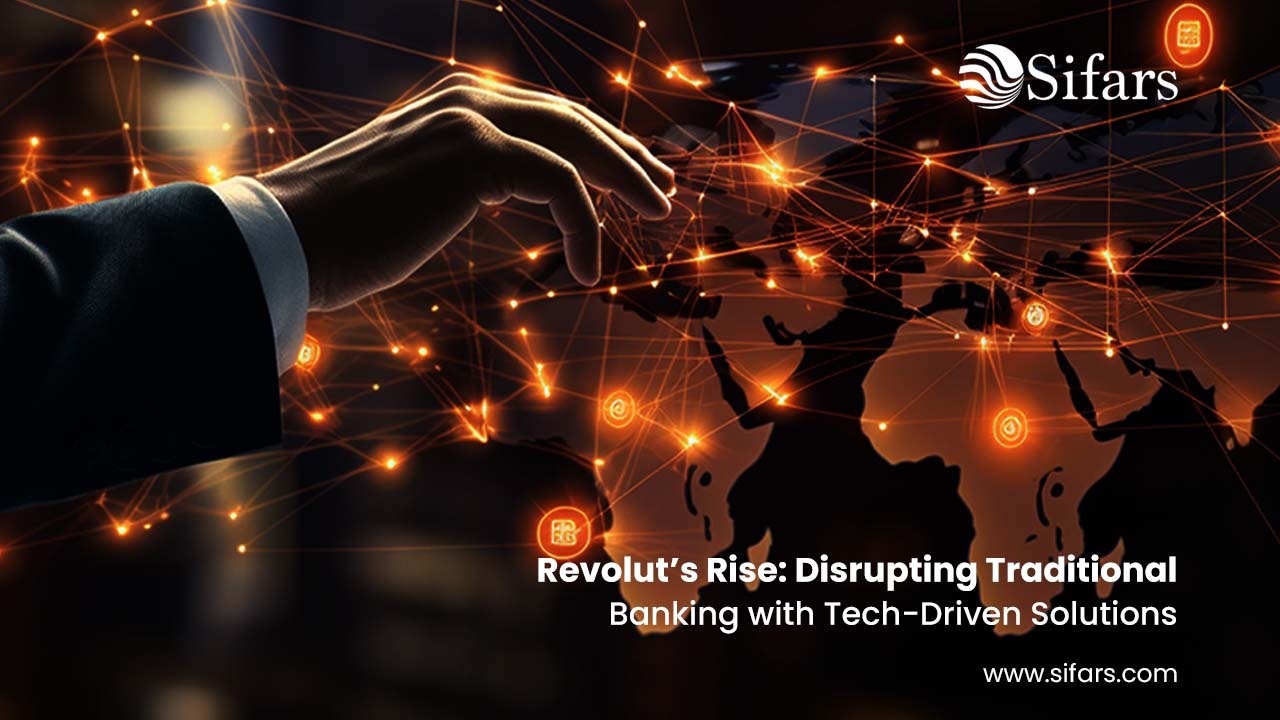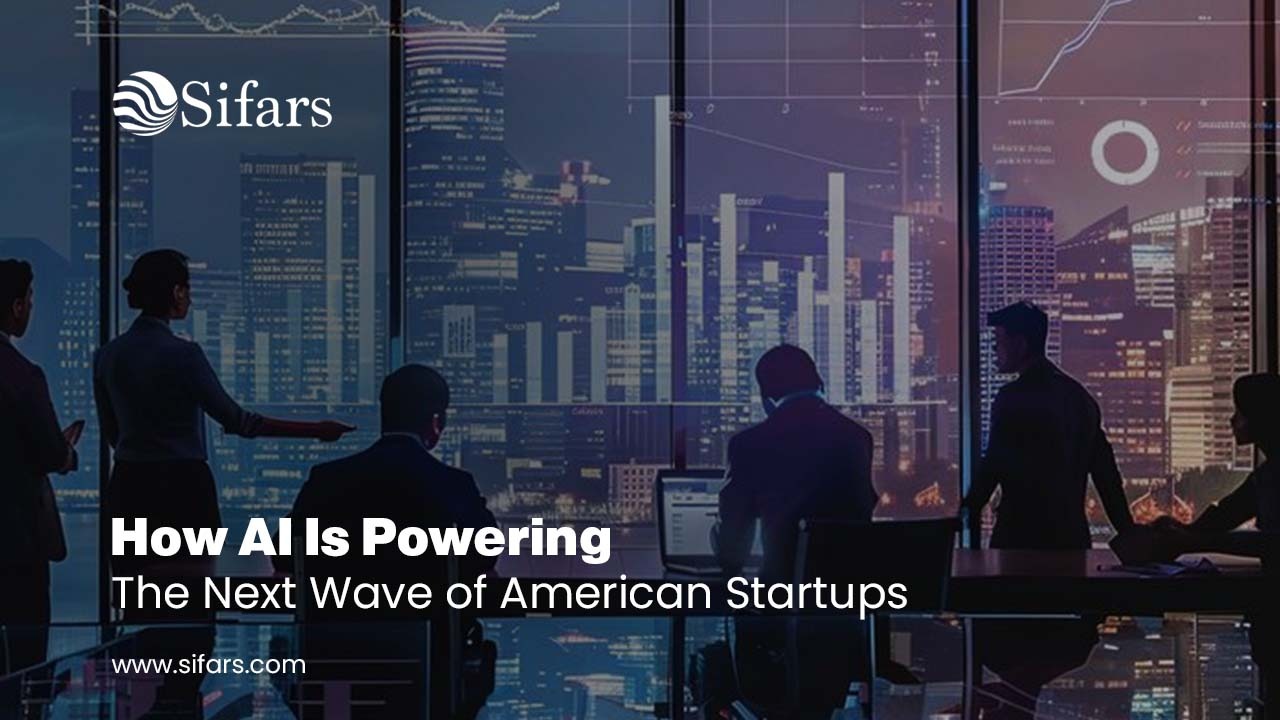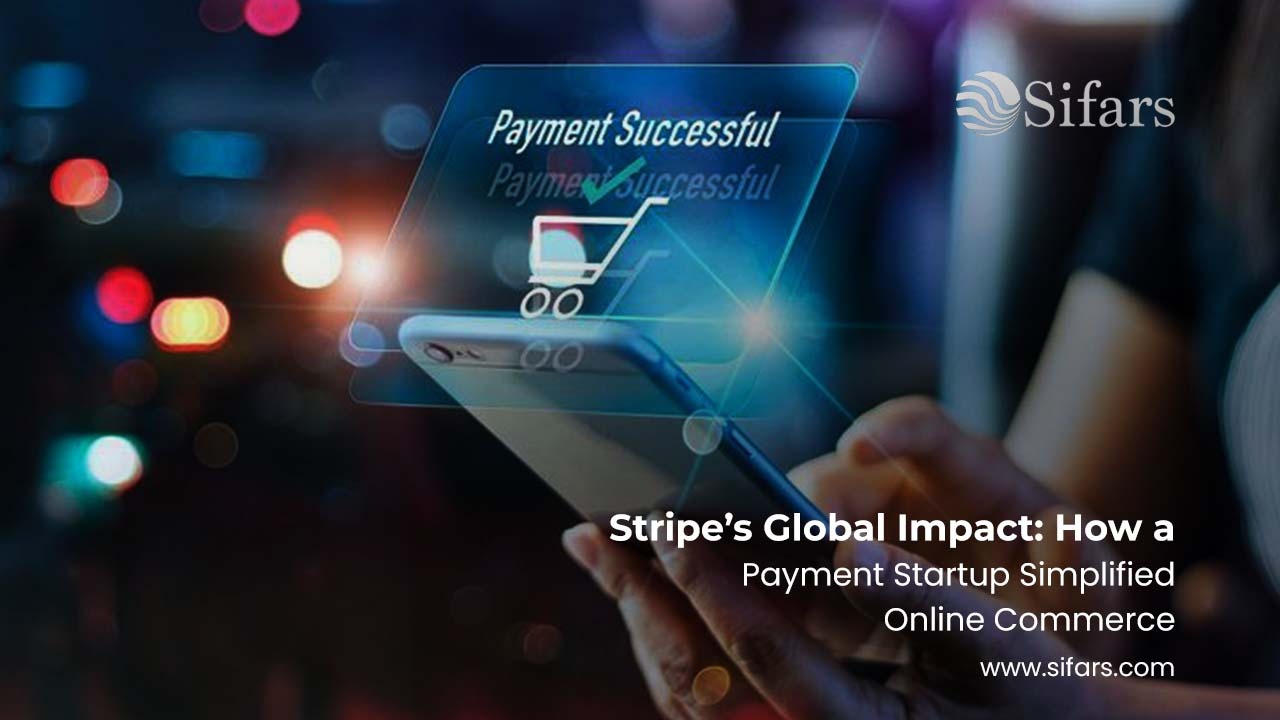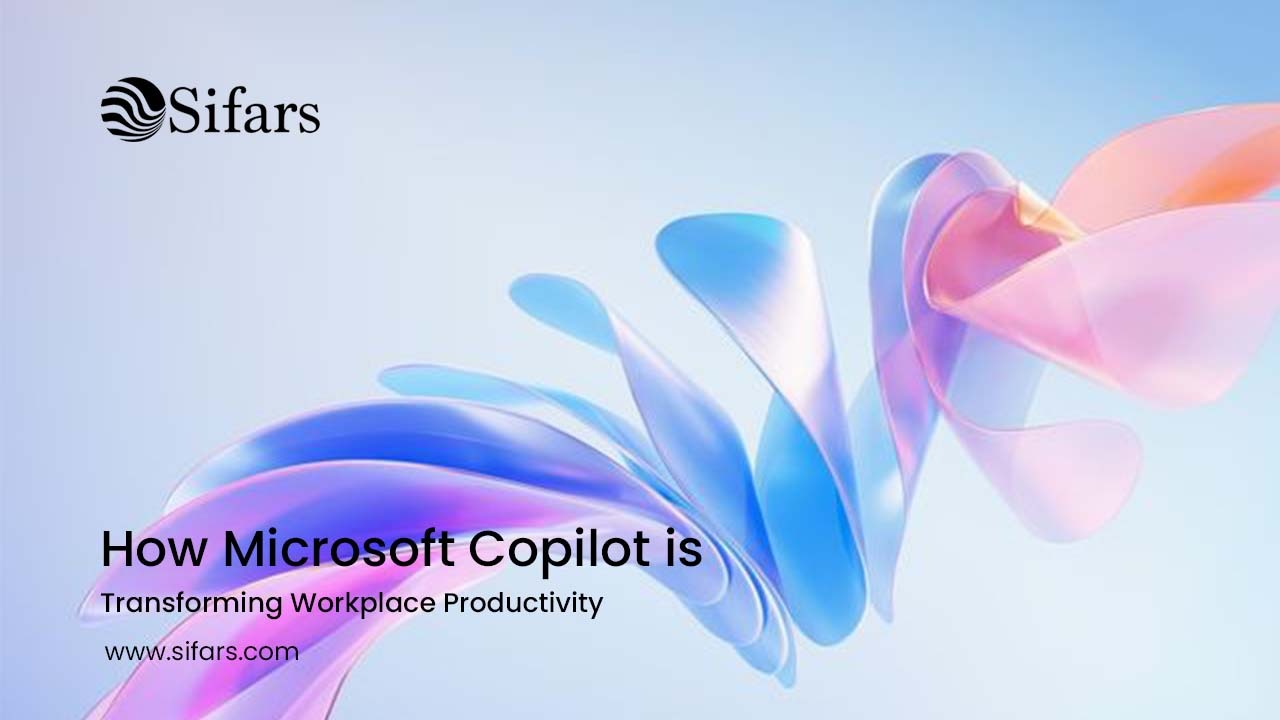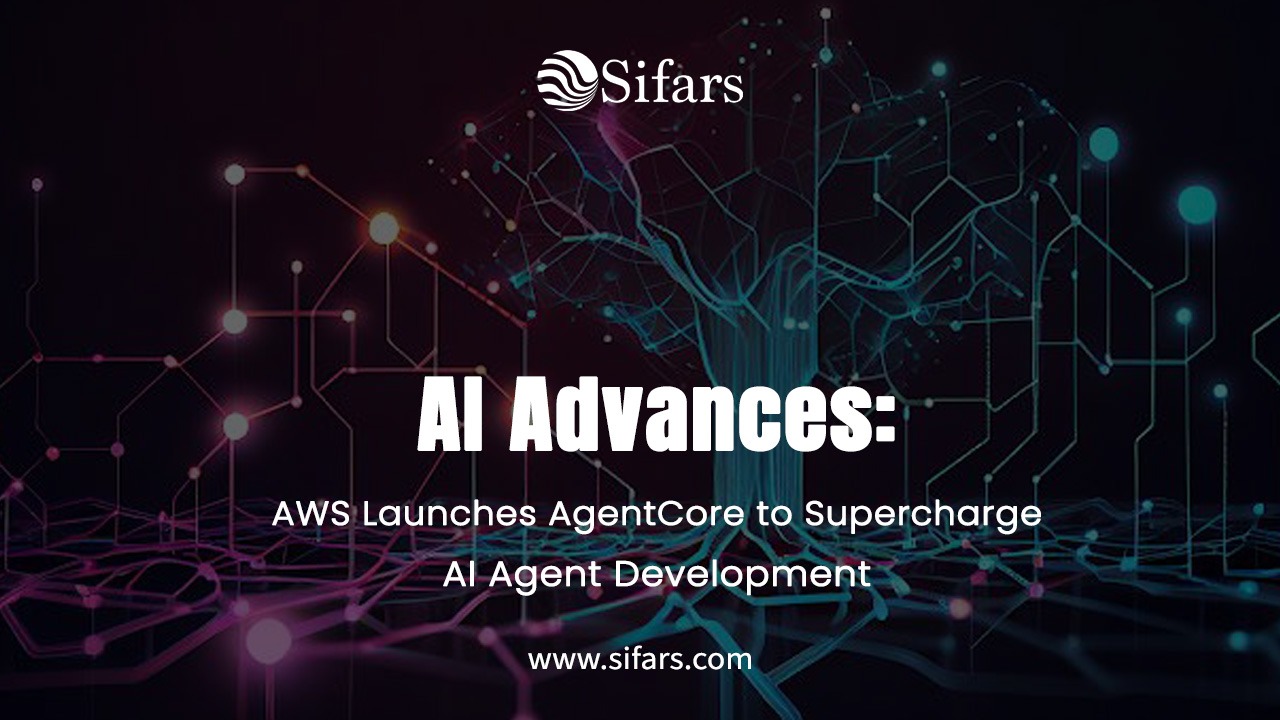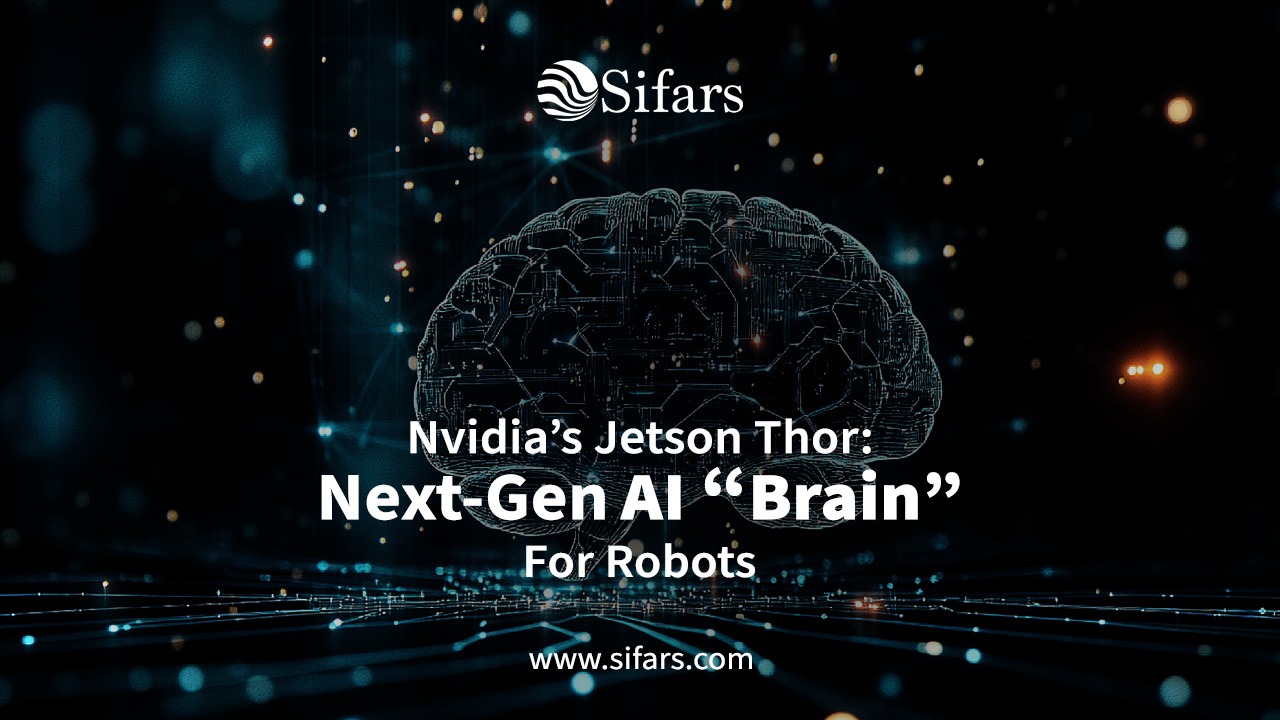The Race From Concept to Market
In today’s hyper-competitive business world, speed is no longer a luxury—it’s survival. A brilliant idea that sits too long in planning often becomes irrelevant by the time it reaches the market. Startups and enterprises alike face the constant challenge of moving from idea to impact quickly, while ensuring precision, innovation, and cost-efficiency.
Enter Artificial Intelligence (AI). What was once a futuristic concept has now become a strategic accelerator for businesses across industries. From validating product-market fit to automating workflows, AI helps companies shorten their go-to-market cycle, reduce risks, and make smarter business decisions.
This blog explores how AI solutions empower businesses to launch faster and smarter, supported by real-world examples, actionable insights, and the expertise that Sifars brings as a leading provider of artificial intelligence services.
Why Speed and Intelligence Define Today’s Market Leaders
- Consumer expectations are higher than ever. Customers demand innovation, personalization, and efficiency.
- Disruptive competitors emerge overnight. Agile startups can challenge industry giants by leveraging AI for scale and innovation.
- Data is the new currency. Companies that can process, analyze, and act on data insights faster win the competitive edge.
Businesses that integrate AI consulting and automation into their launch strategies gain measurable advantages: reduced time-to-market, stronger customer experiences, and scalable growth models.
The Role of AI in Turning Ideas into Impact
1. Validating Business Ideas with AI-Powered Insights
One of the biggest risks for entrepreneurs is investing in an idea that fails in the market. Traditional market research is time-consuming and often outdated. AI, however, provides:
- Predictive analytics for market trends.
- Sentiment analysis from social media and customer reviews.
- Competitor benchmarking using natural language processing (NLP).
Example: A startup in the wellness space used AI-driven tools to analyze customer pain points and shifted their product design toward personalized health tracking—saving months of wasted R&D.
2. AI in Product Development
Developing new products or services requires balancing creativity with practicality. AI accelerates this by:
- Automating design simulations.
- Running predictive models for performance.
- Suggesting optimizations based on data.
Companies like Tesla and Nike use AI-driven prototyping to speed up design iterations, cutting months off their development timelines.
3. Business Automation with AI
Manual processes drain both time and energy. AI streamlines everything from operations to customer support:
- Chatbots & Virtual Assistants: Deliver 24/7 support.
- Robotic Process Automation (RPA): Handle repetitive tasks like invoicing or data entry.
- AI in Supply Chain: Optimize logistics, demand forecasting, and vendor management.
For SMEs, these tools mean reduced overhead costs and faster scaling.
4. AI in Funding & Investor Pitching
Investors today expect data-backed insights. AI helps entrepreneurs present stronger cases by:
- Analyzing financial projections more accurately.
- Using predictive algorithms to highlight growth potential.
- Building AI-powered pitch decks with market viability insights.
Example: A fintech startup using AI-driven valuation tools secured funding 40% faster than peers who relied on manual projections.
5. Personalization at Scale
AI enables startups to build products and marketing campaigns that feel tailor-made for each customer.
- Recommendation engines (like Netflix and Amazon).
- AI-driven CRM tools to segment and target customers.
- Behavioral prediction models to improve user engagement.
This personalization not only accelerates adoption but also creates long-term customer loyalty.
6. Risk Mitigation with AI
Launching a new business or product involves uncertainty. AI minimizes risks by:
- Detecting fraud in financial transactions.
- Forecasting supply chain disruptions.
- Running scenario-based simulations to identify weaknesses.
Banks and insurance firms are heavily adopting AI risk models to reduce losses and enhance decision-making.
Case Studies: From Idea to Market with AI
Case Study 1: Retail Startup Launching with AI Support
A fashion startup used AI-powered design tools to analyze Instagram trends and customer preferences. Within six months, they launched a highly successful product line tailored to demand, achieving 200% faster time-to-market than traditional methods.
Case Study 2: Healthcare Innovation
A health-tech startup used AI solutions to identify gaps in telemedicine and create an AI-driven platform for personalized care. This innovation attracted both investors and users quickly, scaling the product nationwide within a year.
Case Study 3: Enterprise Workflow Transformation
A mid-sized logistics company leveraged business automation with AI for route optimization and shipment tracking. The result: reduced delivery times by 30% and operational costs by 18%.
Actionable Insights: How to Leverage AI for Faster & Smarter Launches
- Start with AI consulting. Partner with experts like Sifars to identify the right tools and strategies.
- Automate early. Even simple workflows (invoicing, support tickets) can accelerate your operations.
- Focus on data. Clean, structured data is the foundation of effective AI models.
- Experiment with AI-powered MVPs. Instead of fully built products, test smaller versions enhanced with AI.
- Scale intelligently. Use AI to optimize as your customer base grows.
Challenges to Consider Before Integrating AI
- Initial costs: AI implementation may require upfront investment.
- Talent gap: Finding skilled professionals in AI can be challenging.
- Ethical and regulatory compliance: Businesses must ensure AI solutions comply with industry standards.
Working with an AI solutions provider like Sifars helps businesses navigate these complexities with tailored strategies.
The Future: AI as a Business Partner, Not Just a Tool
The conversation around AI is shifting from “how to use AI” to “how AI will redefine businesses entirely.” Companies that embed AI in their core business models today will not just launch faster—they will set industry benchmarks for innovation and impact.
Turning Your Idea into Impact with AI and Sifars
From validating ideas to scaling operations, AI is no longer optional—it’s essential. Businesses that leverage AI move from concept to market faster, smarter, and more effectively than competitors who rely solely on traditional methods.
At Sifars, we specialize in providing artificial intelligence services, including AI consulting, business automation with AI, and custom AI solutions for businesses. Whether you’re a startup founder with a big idea or an enterprise decision-maker looking to innovate, our expertise ensures your journey from idea to impact is seamless, efficient, and future-ready.
Ready to launch smarter? Connect with Sifars today and discover how our AI solutions can accelerate your success.
FAQ’s
Q1: How can AI help startups launch faster?
AI streamlines market research, automates workflows, and provides predictive insights, allowing startups to move from idea to launch efficiently.
Q2: What AI solutions are best for new businesses?
Popular AI solutions include predictive analytics, AI-powered CRMs, business automation tools, and virtual assistants that improve efficiency and reduce costs.
Q3: Why should businesses consider AI consulting before launching?
AI consulting helps businesses identify the right tools, create tailored strategies, and avoid costly mistakes, ensuring a smoother market entry.
Q4: Can AI reduce risks for new business ventures?
Yes. AI detects fraud, forecasts market shifts, and simulates business outcomes to minimize risks and strengthen decision-making.
Q5: How does business automation with AI improve efficiency?
Automation with AI handles repetitive tasks like invoicing, customer support, and logistics, saving time and enabling teams to focus on growth.
